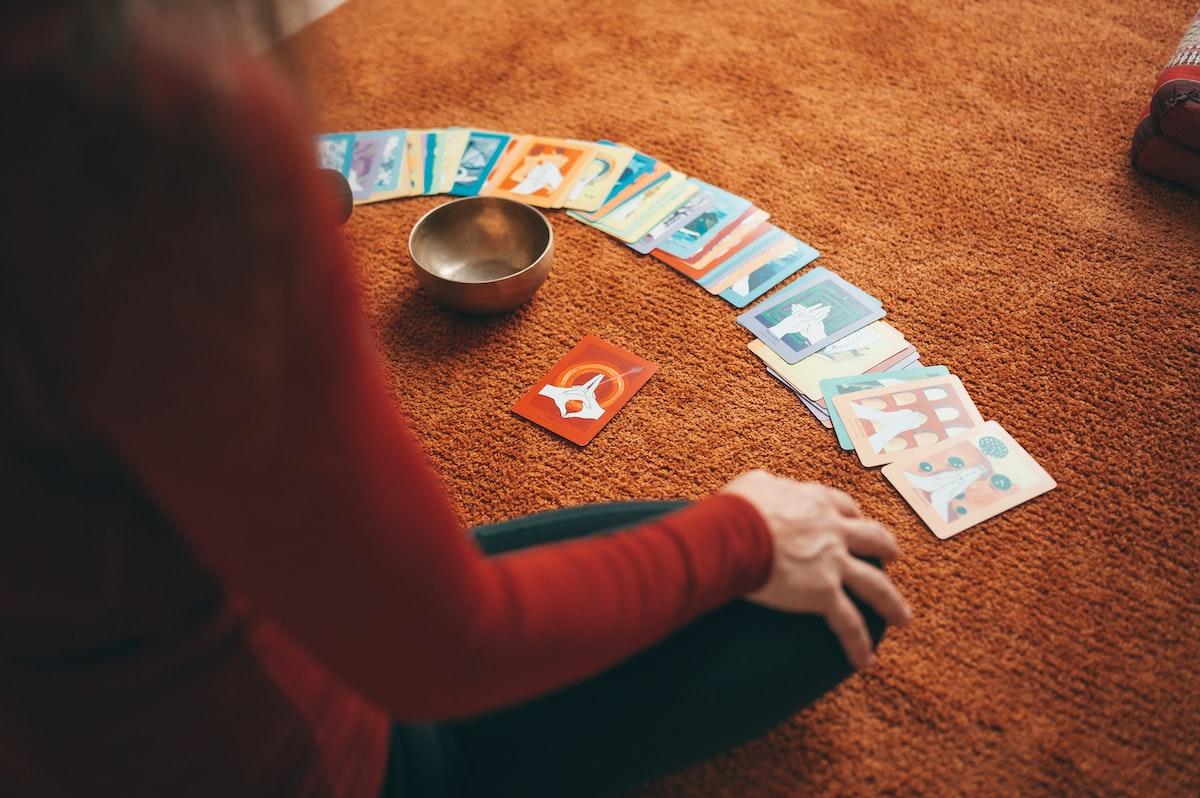If you’re a fan of trading card games, then you’ve probably heard of Yu-Gi-Oh. This iconic game has been enjoyed by fans for over two decades, with its intricate card designs and strategic gameplay. One of the most important aspects of the game is building a strong and effective deck. With so many cards available to choose from, it can be overwhelming to know where to start. In this guide, we’ll walk you through the basics of deck building, including how many cards to include, what types of cards to consider, and more. By the end of this article, you’ll be ready to construct a winning Yu-Gi-Oh deck that can help you dominate the competition.
Yu-Gi-Oh Basics: Deck Construction Rules

Yu-Gi-Oh decks are constructed by following specific rules set by the game’s creators. Each deck must contain between 40 and 60 cards, and there are certain types of cards that can be included, such as monster cards, magic cards, and trap cards. It’s important to note that the number and combination of cards in a deck can greatly affect your chances of winning or losing a game. Therefore, careful consideration should be given to each card included in a deck. Additionally, the strategy and playstyle of a player can also heavily influence deck construction. With all of these factors to consider, building a successful Yu-Gi-Oh deck can be a complex but rewarding endeavor.
Factors to Consider in Deck Building – Yu-Gi-Oh!

When building a Yu-Gi-Oh deck, there are several factors that should be taken into consideration. First and foremost, a player’s game strategy and preferred playstyle should guide their card selection. Do they prefer to summon monsters quickly and overwhelm their opponent, or use traps and magic to control the game? Choosing cards that align with a particular strategy or playstyle can be the key to success. Additionally, the effects and synergy of the cards in a deck should also be considered. For instance, some cards may have complementary effects or combos that work well when played together. Lastly, the rarity and availability of certain cards can also play a role in deck construction. A player may want to include rare and powerful cards but need to weigh the benefit against the practicality of obtaining them. By taking these factors into account, a player can build a well-rounded deck that can handle a variety of opponents and situations.
Factors to Consider in Deck Building
While a Yu-Gi-Oh deck can contain anywhere from 40 to 60 cards, the standard deck size is 40 or 41 cards. This size allows for more consistency and reduces the likelihood of drawing too many or too few monsters, magic, or trap cards. However, some players may opt for smaller or larger deck sizes depending on their strategy. A smaller deck may contain only the essential cards needed for a fast-paced, aggressive playstyle, while a larger deck may be suitable for those who prefer a more defensive or control-based approach. It’s important to note that there are advantages and disadvantages to each deck size, and players may need to experiment to find the size that works best for them. In competitive play, deck sizes can vary, but some common sizes include 40, 41, or 60 cards. Ultimately, the ideal deck size will depend on a player’s preferred playstyle, strategy, and the types of opponents they face.
Ideal Deck Size for Yu-Gi-Oh: Standard vs. Alternatives
In conclusion, constructing a winning Yu-Gi-Oh deck requires careful consideration of several factors. Players must follow the rules of the game regarding deck construction, selecting between 40 and 60 cards, and including specific types of cards. Strategy and playstyle should guide card selection, with consideration given to card effects and synergy. Rarity and availability can also play a role in deck construction, but players should choose cards that fit their playstyle and strategy rather than solely based on rarity or power. The ideal deck size can vary based on playstyle, strategy, and opponent, with 40 or 41 cards being the standard size. In competitive play, common deck sizes include 40, 41, or 60 cards. By taking these factors into account, players can construct a well-rounded deck that can take on any competition. Don’t be afraid to experiment with different card combinations and deck sizes to find the perfect fit for your playing style!
Yu-Gi-Oh Deck Building FAQs
Frequently Asked Questions
1. What are the basic deck construction rules for Yu-Gi-Oh?
– The rules require the deck to have between 40-60 cards with a minimum of 20 monster cards, up to 20 spell cards, and up to 20 trap cards.
2. How do I choose the right cards for my deck?
– Players can select cards based on their preferred playstyle, overall strategy, card synergy, and effectiveness against opponent decks.
3. What is the ideal deck size for competitive play?
– The most common deck size for competitive play is either 40 or 41 cards. However, some players may choose bigger or smaller deck sizes depending on their strategy.
4. Can I have more than one copy of a specific card in my deck?
– Yes, players may include up to three copies of a card in a deck, as long as it is not a Forbidden or Limited card.
5. How do I know which Forbidden or Limited cards to exclude from my deck?
– The Forbidden and Limited list is updated regularly, so it’s important to keep up with the latest changes. Players can consult the official Yu-Gi-Oh website for the most up-to-date list.
6. Can I use cards from different Yu-Gi-Oh sets in the same deck?
– Yes, cards from different sets can be used in the same deck, as long as they follow the deck construction rules.
7. How do I balance card rarity with practicality?
– While rare cards may be powerful, players should select cards that best align with their strategy and playstyle. Rarity should not be the only factor considered when selecting cards for a deck.
8. Can I use cards that are not currently legal in tournament play for casual play?
– Yes, players can use any card they want for casual play, even if they are not currently legal for tournament play.
9. How often should I update my deck?
– Players should update their deck as needed, depending on changes in game rules, new card releases, and shifts in their strategic approach. It is recommended that players reassess their deck after every tournament or competitive play.